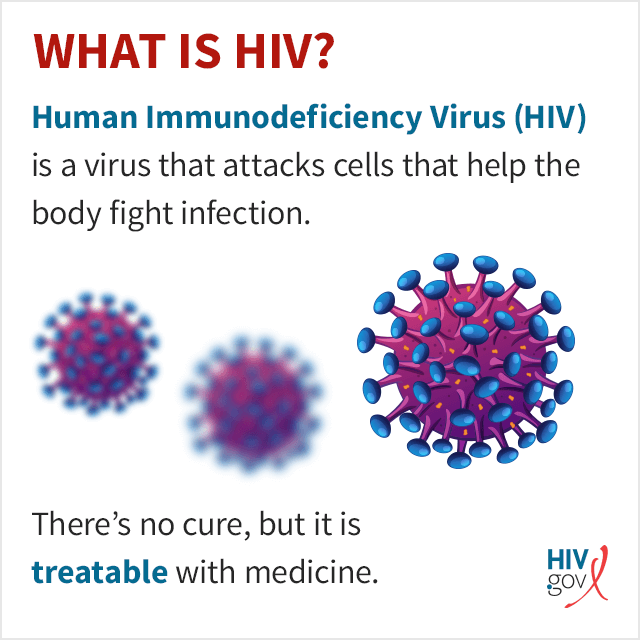1:21 PM Who Should Avoid Taking Valamac 1000? (Precautions & Warnings) |
 Valamac 1000, containing the active ingredient valaciclovir, is an antiviral medication commonly prescribed to treat infections caused by herpes simplex virus (HSV), varicella-zoster virus (VZV), and cytomegalovirus (CMV). While effective for many, certain individuals should avoid or exercise caution when using this medication. This comprehensive guide outlines the key precautions and warnings associated with Valamac 1000 to ensure safe and effective use.
Valamac 1000, containing the active ingredient valaciclovir, is an antiviral medication commonly prescribed to treat infections caused by herpes simplex virus (HSV), varicella-zoster virus (VZV), and cytomegalovirus (CMV). While effective for many, certain individuals should avoid or exercise caution when using this medication. This comprehensive guide outlines the key precautions and warnings associated with Valamac 1000 to ensure safe and effective use. Understanding Valamac 1000 Valaciclovir is a prodrug of acyclovir, which means it converts into acyclovir in the body. Acyclovir works by inhibiting viral DNA replication, thereby reducing the severity and duration of viral infections. Valaciclovir is primarily eliminated unchanged in the urine via active renal tubular secretion. Therefore, drugs that affect renal function or compete for renal tubular secretion can influence valaciclovir's pharmacokinetics. Who Should Avoid Valamac 1000? 1. Individuals with Allergies to Valaciclovir or Acyclovir Valamac 1000 should not be taken by individuals who have a known hypersensitivity to valaciclovir, acyclovir, or any of the excipients in the formulation. Allergic reactions can manifest as skin rash, itching/swelling (especially of the face/tongue/throat), severe dizziness, and breathing difficulties. 2. Patients with a History of Drug Reaction with Eosinophilia and Systemic Symptoms (DRESS) DRESS is a severe, potentially life-threatening condition characterized by fever, rash, lymphadenopathy, and internal organ involvement. Valaciclovir has been associated with DRESS, and individuals with a history of this reaction should avoid using Valamac 1000. 3. Individuals with Kidney Impairment Valaciclovir is eliminated by renal clearance; therefore, dose adjustments are necessary for patients with renal impairment. Elderly patients are also at increased risk due to age-related decline in renal function. Both groups should be closely monitored for signs of renal dysfunction and neurological side effects. 4. Patients with Liver Conditions While valaciclovir is primarily excreted through the kidneys, caution is advised in patients with liver disease. There is limited data on the use of higher doses in patients with liver impairment, and such individuals should be monitored closely. 5. Elderly Individuals (65 Years and Older) Elderly patients are more susceptible to side effects such as confusion, hallucinations, and other central nervous system disturbances. Dose adjustments and careful monitoring are recommended for this population. 6. Immunocompromised Patients Patients with weakened immune systems, such as those with HIV/AIDS, organ transplant recipients, or individuals undergoing chemotherapy, should use Valamac 1000 with caution. These patients are at increased risk for side effects and may require dose adjustments. 7. Pregnant and Breastfeeding Women Valaciclovir is not usually recommended for use during pregnancy. If you are pregnant, or think you could be, or if you are planning to become pregnant, do not take Valaciclovir without checking with your doctor. Your doctor will weigh up the benefit to you against the risk to your baby of taking Valaciclovir while you are pregnant or breastfeeding. 8. Children Under 12 Years of Age Valaciclovir should not be given to children below the age of 12 years. There is not enough information to recommend the use of Valaciclovir in children. Precautions and Warnings 1. Potential for Neurological Side Effects Valaciclovir can cause side effects that affect your ability to drive. Do not drive or use machines unless you are sure you are not affected. 2. Hydration is Essential Adequate fluid intake is crucial while taking Valamac 1000 to prevent dehydration and reduce the risk of kidney damage. This is especially important for elderly patients and those with pre-existing kidney conditions. 3. Drug Interactions Valaciclovir may interact with other medications, including: Aminoglycosides Organoplatinum compounds Iodinated contrast media Methotrexate Pentamidine Foscarnet Ciclosporin Tacrolimus Cimetidine Probenecid Always inform your healthcare provider about all medications you are taking to avoid potential interactions. Conclusion Valamac 1000 is an effective antiviral medication for many individuals; however, it is not suitable for everyone. Patients with allergies to valaciclovir or acyclovir, a history of DRESS, kidney or liver impairments, elderly individuals, immunocompromised patients, pregnant or breastfeeding women, and children under 12 should avoid or use this medication with caution. Always consult with a healthcare provider to determine the best course of treatment for your specific condition. |
|
|
| Total comments: 0 | |